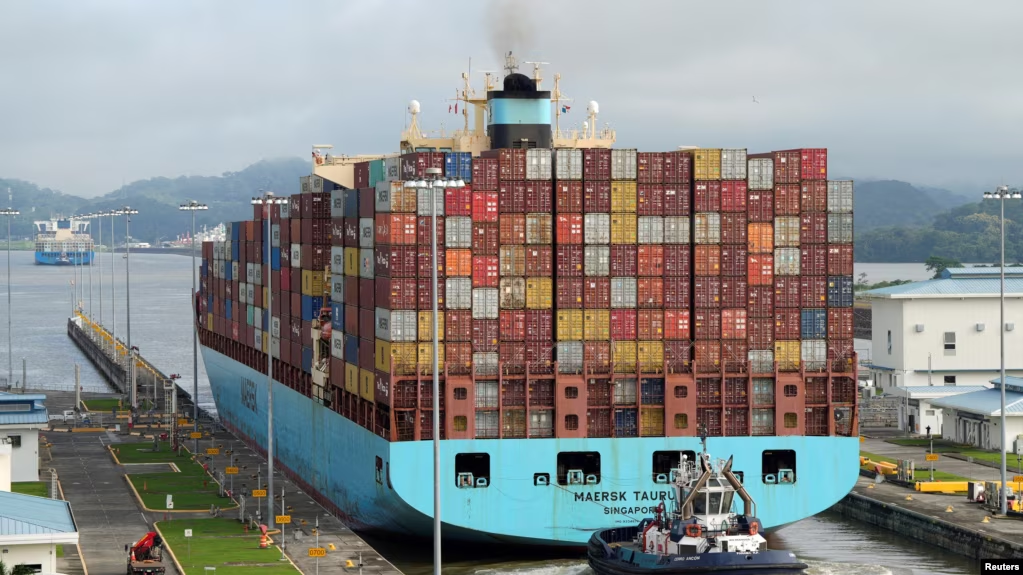Introduction
Energy security has become one of the most pressing issues in global politics in the 21st century. With energy demand rising across the globe, concerns over the stability and accessibility of energy supplies are at the forefront of political and economic discussions. Energy is not just a commodity; it is the lifeblood of modern economies, impacting everything from industrial production to military power. Nations’ access to reliable, affordable, and sustainable energy sources is critical for maintaining economic stability, geopolitical influence, and national security.
The growing concern over energy security is driven by several factors, including increasing global demand for energy, geopolitical tensions in key energy-producing regions, environmental concerns related to fossil fuels, and the transition to renewable energy sources. This article explores the concept of energy security, its importance in global politics, the challenges and risks associated with it, and the policies being implemented to ensure energy stability in an increasingly interdependent world.
What is Energy Security?
Energy security is defined as the uninterrupted availability of energy sources at an affordable price. It involves multiple dimensions, including:
- Supply Security: Ensuring a stable and diverse supply of energy, including oil, natural gas, coal, and increasingly, renewable energy sources.
- Infrastructure Security: Protecting the energy infrastructure, such as pipelines, power grids, and refineries, from natural disasters, cyberattacks, and other disruptions.
- Market Stability: Maintaining the stability of energy markets, with prices that reflect supply and demand dynamics and are not excessively volatile.
- Sustainability: Ensuring that energy systems are environmentally sustainable and can meet the energy needs of the present without compromising future generations.
The interconnectedness of global energy markets means that energy security is not just a domestic issue for individual countries; it is also a central theme in international diplomacy and cooperation. Access to energy resources and the control over key supply chains are crucial components of national security and international power.
Geopolitical Dimensions of Energy Security
- Strategic Importance of Energy Resources
Energy resources, particularly oil and natural gas, have been central to geopolitical power dynamics for decades. Countries that control vast reserves of energy resources hold significant influence over global markets and often play a central role in international political relations.
- The Middle East is perhaps the most significant example of energy geopolitics. The region holds some of the largest proven reserves of oil and natural gas in the world, making it a focal point of international competition and rivalry. Conflicts such as the Iraq War and ongoing tensions between Western powers and Iran are deeply intertwined with energy security concerns, as countries in Europe, Asia, and North America rely heavily on the Middle East for oil and gas supplies.
- Russia’s Role in Energy Security: As one of the world’s largest producers and exporters of natural gas and oil, Russia plays a pivotal role in global energy security. Russia’s control over pipelines that deliver gas to Europe, particularly the Nord Stream pipeline, has become a significant political tool. The 2009 Russia-Ukraine gas dispute, for example, disrupted energy supplies to Europe, highlighting the vulnerabilities in Europe’s energy security and its dependency on Russian gas.
- China and Energy Access: As the world’s largest energy importer, China has been increasing its influence in global energy markets, especially in Africa and Central Asia, securing long-term energy contracts and investments. China’s efforts to diversify its energy sources and secure reliable supply routes, including its Belt and Road Initiative (BRI), reflect the strategic importance of energy resources for its growing economy and geopolitical ambitions.
- Energy as a Tool of Political Leverage
Energy has often been used as a tool of political leverage, either to coerce or incentivize countries to align with a certain political or economic agenda. The ability to cut off energy supplies, raise prices, or create bottlenecks in energy transit routes gives energy-rich countries significant bargaining power on the international stage.
- Energy Embargoes and Sanctions: For example, the United States and the European Union have imposed economic sanctions on countries like Iran and Venezuela in an attempt to limit their access to global energy markets. In response, these countries have sought to diversify their energy trade partners, and Iran, in particular, has turned to regional allies like China to circumvent Western sanctions.
- Energy Interdependence and Cooperation: At the same time, energy dependence can foster cooperation. For example, Europe has worked with Russia, the Middle East, and Central Asia to secure its energy supply through multilateral partnerships. The European Union (EU), despite its reliance on Russian natural gas, has tried to develop strategies to reduce this dependence, such as the Southern Gas Corridor to bring gas from Azerbaijan and other sources directly into Europe.
Challenges to Energy Security
- Rising Global Demand and Resource Scarcity
As the global population grows and industrialization continues in emerging economies like China and India, the demand for energy is increasing rapidly. According to the International Energy Agency (IEA), global energy demand could rise by 25% between 2018 and 2040. This puts pressure on existing energy infrastructure and raises concerns about the long-term availability of conventional energy resources, particularly oil and natural gas.
- Peak Oil and Resource Depletion: While advances in technology have made it possible to extract energy from unconventional sources like shale oil and deep-water reserves, there are concerns about the long-term sustainability of fossil fuel resources. The concept of “peak oil”—the point at which global oil production reaches its maximum before beginning to decline—remains a subject of debate, but it is clear that fossil fuels are finite resources, and reliance on them will become increasingly risky over time.
- Energy Transitions and Environmental Sustainability
The transition to renewable energy sources—such as solar, wind, hydropower, and biomass—is essential for combating climate change and achieving sustainable energy security. However, the global shift away from fossil fuels presents significant political and economic challenges.
- Renewable Energy and Geopolitics: While the growth of renewable energy technologies offers an opportunity to diversify energy sources and reduce reliance on geopolitically sensitive fossil fuels, it also introduces new geopolitical dynamics. For example, countries with abundant rare earth metals, such as China, hold significant sway in the global transition to green energy, as these metals are vital for manufacturing renewable energy technologies like batteries and electric vehicles.
- Grid Integration and Storage: One of the key challenges of renewable energy is its intermittent nature—solar and wind energy depend on weather conditions, which makes it difficult to maintain a stable supply of power. As such, countries are investing heavily in energy storage technologies, such as batteries and hydrogen storage, to ensure a reliable energy supply as they transition to greener sources.
- Cybersecurity Threats to Energy Infrastructure
The digitalization of energy infrastructure, including smart grids, remote monitoring, and IoT-connected devices, has made energy systems more efficient but also more vulnerable to cyberattacks. Energy security now involves not only physical threats but also digital threats that could disrupt supply chains, cause economic damage, and jeopardize national security.
- Cyberattacks on Energy Infrastructure: The 2015 cyberattack on Ukraine’s power grid is a stark reminder of the vulnerabilities in energy systems. A successful attack on critical energy infrastructure—whether through hacking, sabotage, or cyber espionage—could have devastating effects, including blackouts, economic disruptions, and even loss of life.
Policies and Strategies for Enhancing Energy Security
In response to these challenges, countries and international organizations have adopted a variety of strategies to enhance energy security:
- Diversification of Energy Sources: Many countries are working to diversify their energy sources to reduce dependence on any single provider or type of energy. This includes increasing investments in renewable energy, improving energy efficiency, and securing access to multiple sources of oil, gas, and electricity.
- Regional Cooperation and Energy Trade: Regional cooperation on energy security has become increasingly important. The European Union, for example, has implemented policies to create an integrated energy market that allows for the free movement of energy resources across borders. This includes improving infrastructure, such as gas pipelines, electricity grids, and renewable energy connections.
- Energy Resilience and Infrastructure Protection: Protecting critical energy infrastructure from natural disasters, terrorism, and cyberattacks is a key priority for national governments. Countries are investing in the hardening of infrastructure, increasing cybersecurity measures, and improving crisis response plans to ensure that energy supplies remain stable in times of crisis.
- Energy Transition and Sustainability: Governments around the world are increasingly focused on making the transition to renewable energy sources in a way that ensures long-term energy security. This involves investing in green technologies, creating supportive regulatory frameworks, and ensuring that the shift to renewable energy does not disrupt economic stability.
Conclusion
Energy security is no longer just an economic concern; it is a cornerstone of national and international politics. As the global demand for energy continues to rise, countries face an increasingly complex set of challenges, from securing access to resources and ensuring infrastructure resilience, to transitioning to cleaner, more sustainable energy systems. In an interconnected world, energy security is deeply tied to geopolitical power, environmental sustainability, and technological innovation. Governments must adopt comprehensive and forward-looking strategies to safeguard their energy interests, secure global supply chains, and ensure that energy remains a driver of economic growth, not a source of conflict.









